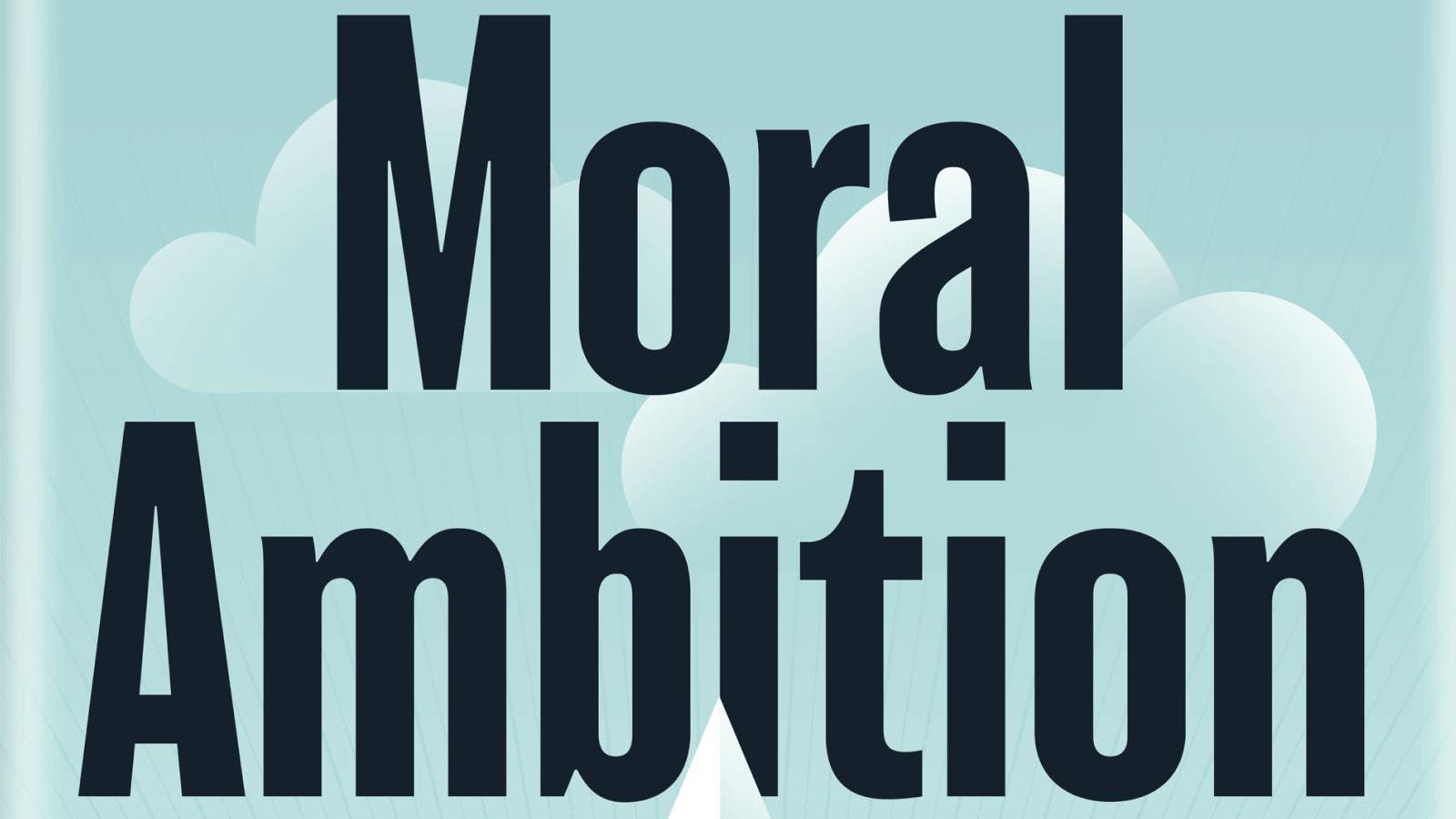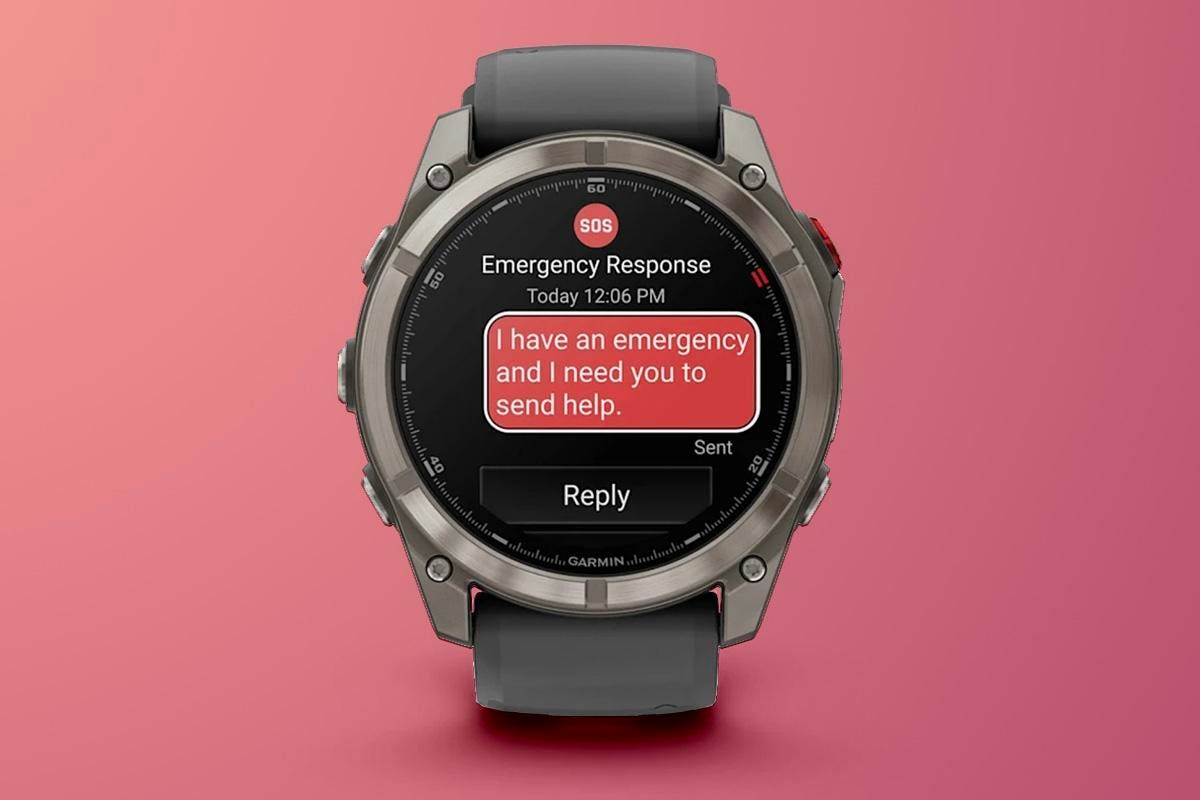Greed and selfishness are failing humanity: can “moral ambition” save the day – and us?
Helping hand.
Doesn’t everything die at last, and too soon?
Tell me, what is it you plan to do
with your one wild and precious life?
– The Summer Day by Mary Oliver
I have eagerly followed Dutch historian Rutger Bregman’s career online ever since I saw a video clip on twitter of him speaking truth to power at the Davos CEO Greedfest Conference. In this video, Mr Bregman admits to the audience that he was bewildered by the economic scolds at Davos who talked about participation, justice, equality and transparency, but “nobody raises the issue of tax avoidance and the rich not paying their share. It is like going to a firefighters’ conference and not talking about water.”
Cover: Moral Ambition by Rutger Bregman (Little, Brown; 2025).
After I had been won over by that charming introduction to his moral philosophy, I simply had to know more. I’m most pleased to tell you that, a few years later, I finally managed to get a review copy of his hot-off-the-presses book, Moral Ambition: Stop Wasting Your Talent and Start Making a Difference (Little, Brown and Company, 2025).
This impassioned book is incredibly readable – I read it in one go. It uses crisp, energetic prose and interesting examples to argue that it is possible for all of us to live meaningful lives. Additionally, reading the opening credits in this book that quote numerous book reviews already published, I felt like I was in an online book club with some of my favorite famous people, from Trevor Noah and Timothy Snyder to Stephen Fry, and I was determined to read this book that they all were talking about, so I could be part of the conversation, and an active participant in this social movement, too.
Mr Bregman opens Moral Ambition by discussing how most people waste their talents on bullshit jobs, when they could instead focus their talents, energy and time on how to live a meaningful life that is useful to society. We learn how our conventional definitions of success harm us, animals and the planet, and Mr Bregman uses numerous examples to demonstrate how we can shift our focus from personal gain to societal benefit. This, in a nutshell, is moral ambition; the willingness to devote one’s life to solving the world’s biggest problems – globally pressing threats like climate change, pandemics, or the energy crisis.
In his book, Mr Bregman describes the four categories of people as he sees them. First are people who are neither ambitious nor idealistic. This category includes those who work at meaningless ‘bullshit jobs’ and those people who only seek to retire. Second are people who are ambitious, but not idealistic. This group includes consultants, bankers, many tech employees (and I’d suppose, most politicians.) Third are people who are idealistic, but not ambitious. Most protesters and activists fall into this group. Fourth are those incredibly rare people who are both ambitious and idealistic.
Mr Bregman moves on to discuss his concept of ‘zeroes’, ‘ones’, and ‘twos’. Zeroes are those rare people who start things, the trailblazers – or troublemakers, if you prefer. Ones are the people who help the zeros in their crusades. Twos are those who join in and follow after things have gotten started. According to Mr Bregman, regardless of whether you are a zero, a one or a two, the ultimate goal is doing something that’s useful for humanity. As an example, he points to how the young law student, Ralph Nader, got his start back in the day, by successfully suing General Motors for making unsafe cars. Nader’s actions led to LBJ signing the Highway Safety Act and Traffic Safety Act. Following on that success, Nader then started the “Radical Nerds”, a group of talented and idealistic law students who were recruited by Nader specifically to focus on solving societal problems.
Mr Bregman discusses the idea of the “Noble Loser” – someone with ethical intentions but unable to make a difference. This is often because Noble Losers don’t know how to make a difference. According to Mr Bregman, one way to overcome this deficit is to join a group centered around moral ambition, that relies on a cult-like mentality to identify and accomplish their goals. (I disagree with the author here because a cult can so easily go wrong, as we’ve seen far too often.)
Some of Mr Bregman’s examples include the Against Malaria Foundation, the Abolition of Slavery movement and even “ordinary people” hiding Jewish people in their homes during WW2. Using these examples and more, Mr Bregman discusses what is necessary to make a substantially positive social impact. He concludes that it really doesn’t take much. For instance, many of those who hid Jews did so simply because they were asked to. And anyone who knows this can have similarly powerful social impacts.
In the book’s final chapter, Mr Bregman introduces three global challenges (in addition to climate change) that could serve as worthy, solvable threats for those with moral ambition who are seeking to improve society: nuclear war; artificial intelligence and biological warfare.
Despite some of my reservations, I think Mr Bregman’s argument to think carefully about the impact that your actions and life have on others is critically important. Taking deliberate actions to live a meaningful life, a life that is useful, and impactful, is the most fulfilling way to live your best life.
An inspirational guide to finding that path for ourselves, Moral Ambition reminds us that the real measure of success lies not in what we accumulate, but in what we contribute, and it shows how we can build a lasting legacy that truly matters. Highly recommended for absolutely everyone from the ages of 15 to 115, I think this powerful, well-argued book would be an especially thoughtful and transformative graduation gift for your high school or university students.
© Copyright by GrrlScientist | hosted by Forbes | LinkTr.ee
Socials: Bluesky | CounterSocial | Gab | LinkedIn | Mastodon Science | Spoutible | SubStack | Threads | Tribel | Tumblr | Twitter
NOTE: I received a hardback copy of this book from the publisher in exchange for my honest, unbiased review.








